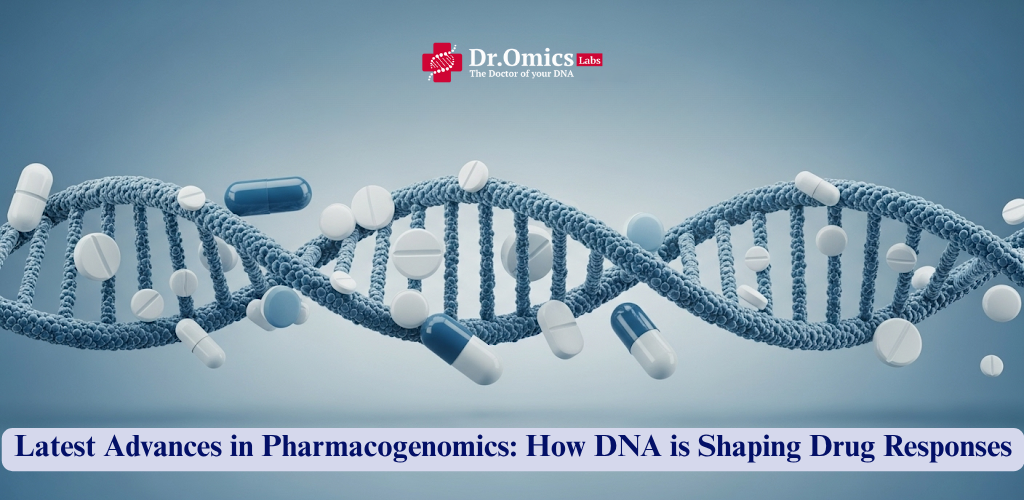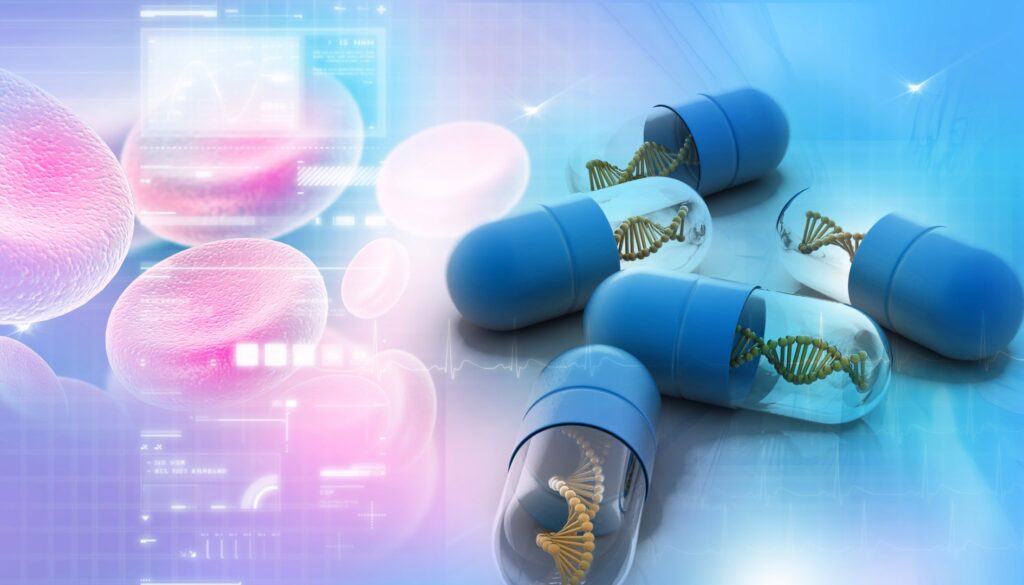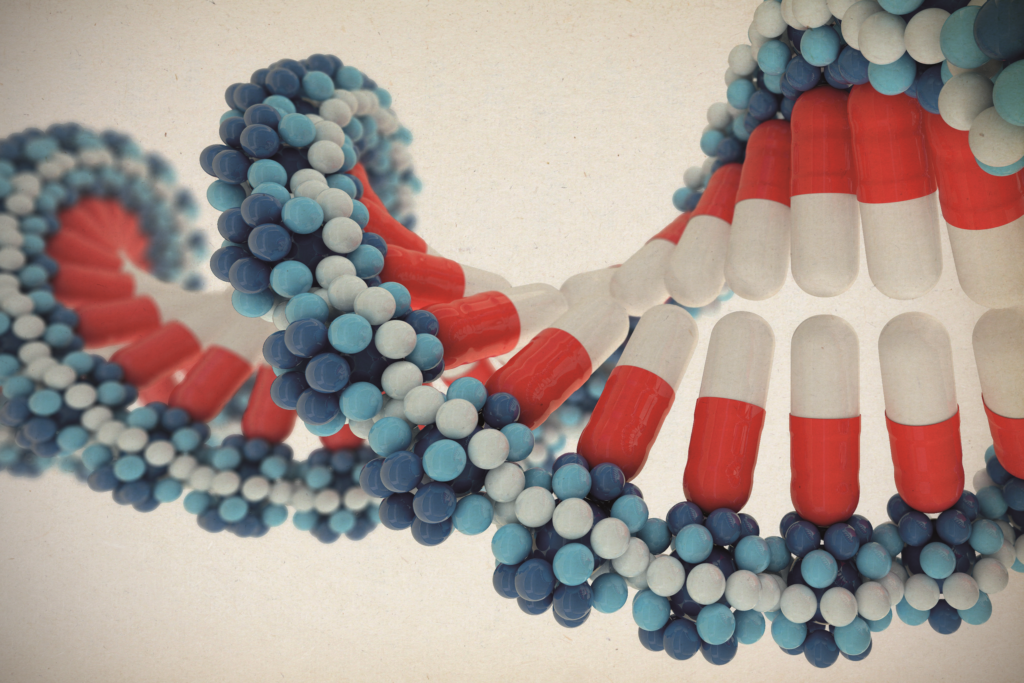Latest Advances in Pharmacogenomics: How DNA Is Shaping Drug Responses
In an era where medicine is becoming increasingly personal, pharmacogenomics—the study of how genes affect a person’s response to drugs—is revolutionizing the way we prescribe medication. Thanks to breakthroughs in genomic medicine, doctors can now move beyond the one-size-fits-all approach and tailor prescriptions to your unique DNA. This leap forward is changing lives and redefining healthcare.
What Is a Pharmacogenomics Test?
A pharmacogenomics test (also known as a genetic drug response test or DNA test for medication) analyzes your genetic profile to predict how you will respond to specific medications. It identifies genetic variations that influence how your body metabolizes, absorbs, and reacts to drugs.
These tests can:
Flag ineffective medications for your body
Warn against drugs likely to cause adverse reactions
Help select the right dose, minimizing side effects
Guide prescriptions for mental health, heart disease, cancer, and more
How DNA Influences Drug Responses
Every individual carries unique genetic variants that impact how enzymes break down medication. For example:
Variants in the CYP2D6 gene can change how you process painkillers or antidepressants.
Mutations in the TPMT gene affect how you respond to certain chemotherapy drugs.
Genes like SLCO1B1 influence statin metabolism and risk of muscle damage.
With a personalized medicine DNA approach, clinicians use this information to tailor drug choices—boosting effectiveness and safety.
Genomic Medicine Breakthroughs Fueling Progress
Recent advancements in genomic medicine and big data analytics have made genetic testing for prescriptions faster, more affordable, and more accurate. Here are a few exciting developments:
AI-powered interpretation tools now provide real-time pharmacogenomic insights to physicians.
Population-specific DNA databases are refining drug recommendations for diverse ethnic groups.
Pre-emptive pharmacogenomics panels are being integrated into electronic health records (EHRs), allowing instant genetic reference before writing a prescription.
These innovations are pushing best pharmacogenomics testing into mainstream clinical use across hospitals, primary care, and telehealth platforms.
Who Should Consider a DNA Test for Medication?
You might benefit from pharmacogenomic testing if you:
Are starting a new medication for chronic conditions (e.g., depression, high blood pressure)
Have experienced unusual side effects or poor response to standard drugs
Take multiple prescriptions and want to minimize interactions
Want to proactively personalize your health strategy
Many tests are available through healthcare providers, online platforms, and wellness companies offering at-home genetic testing kits.
Conclusion & Takeaway
The latest advances in pharmacogenomics are making personalized medicine a practical reality. By unlocking the information hidden in your genes, a genetic drug response test can optimize your treatment plan and protect you from avoidable drug reactions. Whether you’re managing a chronic illness or just want to take proactive control of your health, a DNA test for medication could be a powerful tool.
Final Takeaway:
Pharmacogenomics is the future of safe, personalized treatment. Investing in the best pharmacogenomics testing today means fewer trial-and-error prescriptions tomorrow—because your DNA deserves a voice in your healthcare.




